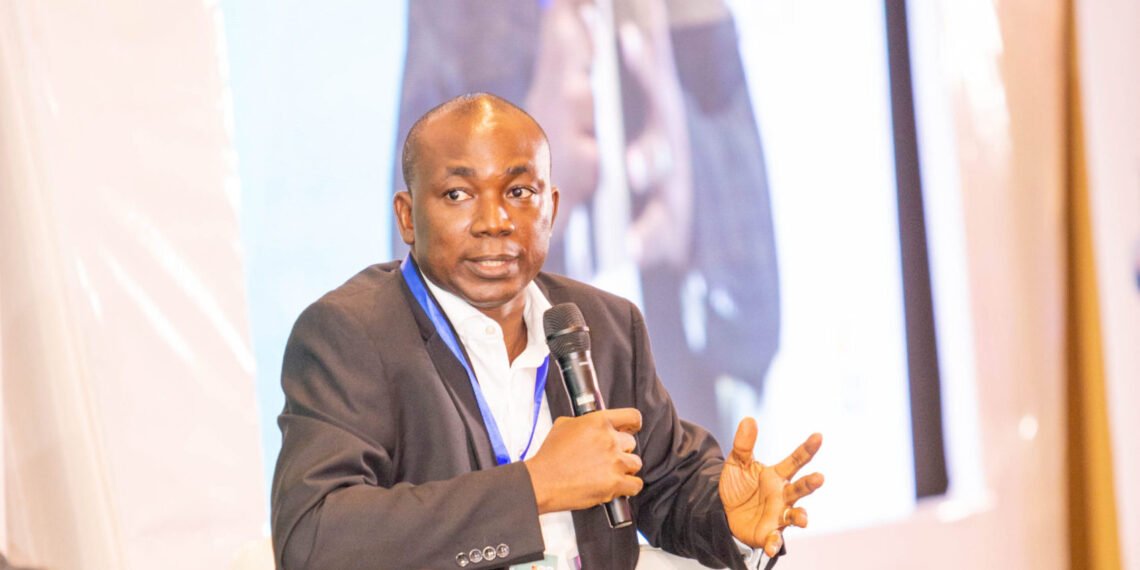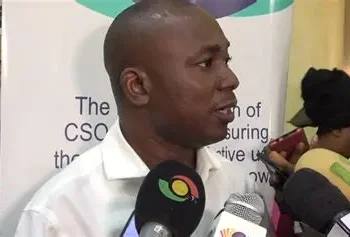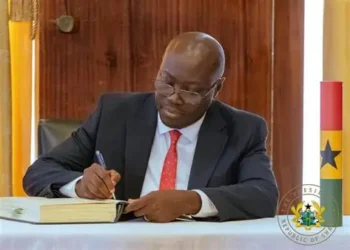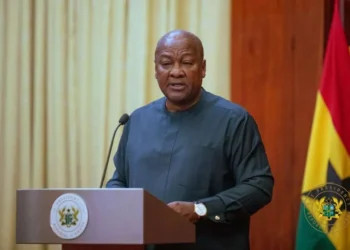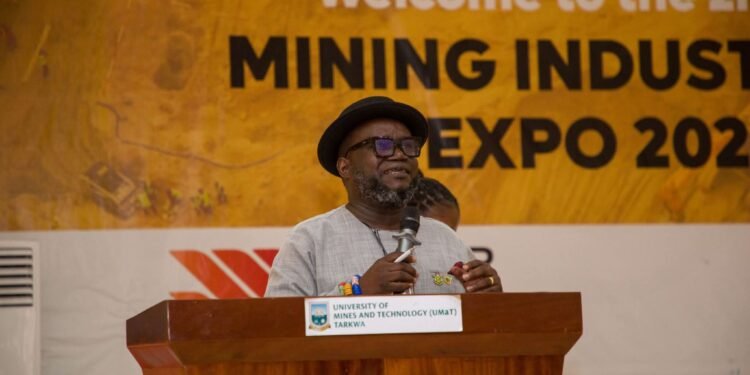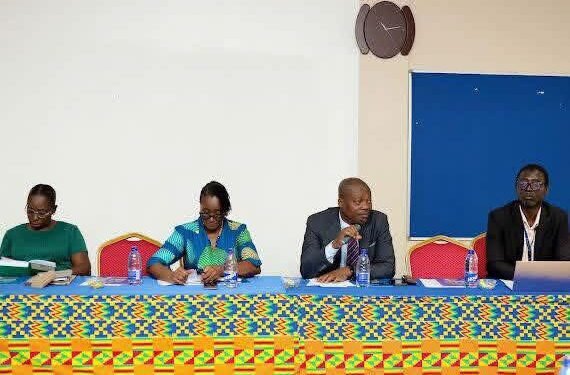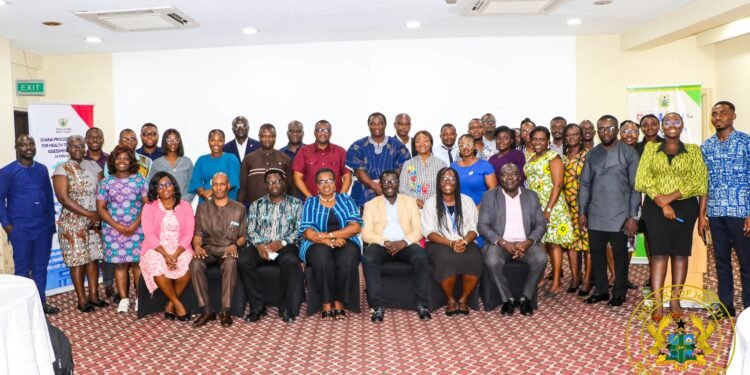Ghana’s current economic fortune is secured by about GHȻ10 billion expenditure gap created through proper monetary and fiscal policy management.
Speaking ahead of the 2026 Budget Statement, Prof. Godfred Bokpin applauded the Minister of Finance, Dr. Cassiel Ato Forson, for the fiscal discipline shown over the past 10 months. He explained that the posture of previous economic managers towards monetary and fiscal policy has affected Ghana’s potential growth.
“The new administration [in 2025] was very heavy on expenditure control, and here let me congratulate the Minister of Finance. The level of control and the total oversight over our [Ghana’s] expenditure landscape is commendable. Looking at the level of expenditure gaps in nominal terms, we are talking about something in excess of 10 billion Cedis [this year].”
Prof. Godfred Bokpin
Fiscal Policy Against Monetary Policy
According to Prof. Bokpin, the progress that Ghana has made this year is attributed to the prudent management of the fiscal space of the economy rather than the monetary policy impact from the Bank of Ghana.

This misunderstanding and confusion that characterize the use of these two instruments, monetary policy and fiscal policy, have dragged Ghana into successive economic stagnation, he declared.
He explained that Ghana has adopted inflation targeting to manage its monetary policy. The effectiveness of the monetary policy is fundamentally promoted by the government’s spending. If the measures put in place by the Central Bank are to be effective, there must be expenditure control on the part of the government led by the Minister of Finance, as directed by the President.
“Monetary framework, we are using what we call inflation targeting. One key requirement for inflation targeting to be effective is the reduction of inflation to engineer growth, which is actually outside the Central Bank’s control. That’s the reality. It’s rather fiscal discipline.”
Prof. Godfred Bokpin
The Economist referenced the previous Governor of the Bank of Ghana for trying to use reserves to cause the Ghana Cedi to appreciate to GhȻ 10 per dollar. He explained that the fiscal side, that is, the government’s increased spending, constrained this effort. Hence, that target was not achieved.
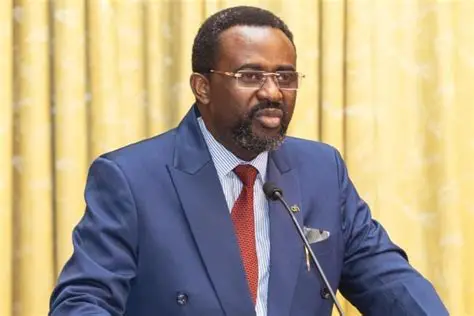
“So anytime you see that the fiscal side is misbehaving, it’s always going to be difficult to deploy the monetary side effectively. You realize that in October 2024, I think the previous governor had indicated that they had enough reserves to push the exchange rate to about 10. I suspected that in the run-up to the 2024 election, since we [Ghana] were not certain how the fiscal side was going to behave and the possibility of excesses, it constrained them.”
Prof. Godfred Bokpin
According to Prof. Bokpin, what Dr. Ato Forson and the Mahama-led government did right was the adherence to fiscal discipline. He alluded that “the president might have given his word to the Minister of Finance. Otherwise, he couldn’t have done what he is doing, and I suspect that the president would have affirmed this in the presence of his colleague ministers,” which has led to the significant expenditure gap and subsequently macroeconomic gains.
Complementary Role of Fiscal and Monetary Policy
The effectiveness of expenditure restraint by the government is signaled by fiscal discipline, making monetary policy deployment effective, Prof Bokpin stated. This he termed as the “complementarity role between fiscal and monetary.”
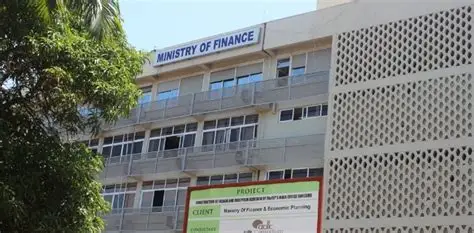
Previous managers of the economy had depended solely on monetary policy, neglecting fiscal discipline while expecting the various monetary instruments issued by the Bank of Ghana to chart a growth path for the economy.
According to the Professor of Economics, “In the last couple of years, we [Ghana] said that we [Ghana] were not pursuing and exploring the complementarity between fiscal and monetary but we [Ghana] would rather deploy monetary policy as subordinate to fiscal policy,” adding that when “the fiscal policy creates the mess, the monetary policy is deployed as a glue to sew the mess.”
He noticed “that has changed [in 2025] and that gives comfort, and I think that is why you have seen the monetary side also working effectively in bringing inflation down and all of that.”
He commended the effective collaboration between the Bank of Ghana’s side (monetary policy guardians) and the Ministry of Finance (the fiscal policy guardians on behalf of the government).
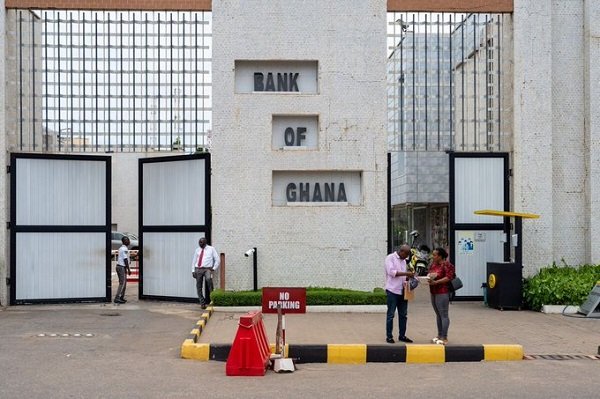
Stability Not Yet Achieved
The current economy has been described as ‘stable,’ but Prof. Bokpin explained that the Ghanaian economy is not yet stable. Stability is a medium to long-term condition where the economy attains fiscal consolidation.
“I think that the coordination is quite commendable, and I know people are asking for growth and quality growth and all of that, [it] is too early.
“I am expecting the finance minister to continue for the next 12 months to 24 months on the path of fiscal consolidation. Remember, people are talking about stability. When your exchange rate appreciates by more than 30 percent, that is not stability.”
Prof. Godfred Bokpin
Prof. Bokpin reiterated that “stability is yet to take root. It’s yet to be entrenched. Then you can talk about resilience, you can talk about transformation. It is too early for us to conclude that stability has come to stay.”
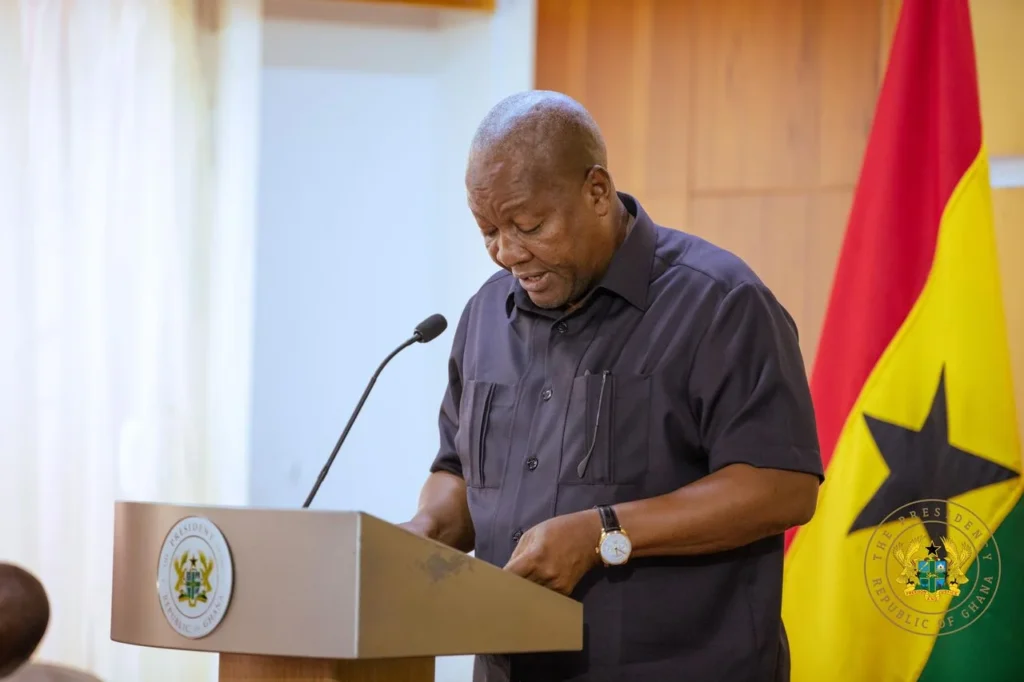
He advocated that in this period of relative ‘stability,’ the government needs to “manage a delicate balance between fiscal consolidation and some level of growth and job-rich growth.”
True stability, he mentioned, will show in the right trading alignment of the macro numbers. Currently, the gap between the inflation rate and the lending rate is wide. He added that “if you check the recent Bank of Ghana’s monetary policy report, they are reporting the average lending rate at 21 percent, they are not aligned.”
He is, therefore, confident that the budget will promote more fiscal discipline and consolidation to lay the right foundation for stability born out of consistency.
READ ALSO: 2026 Budget: Ghana Set for Next Step in Reset Agenda – Ato Forson

